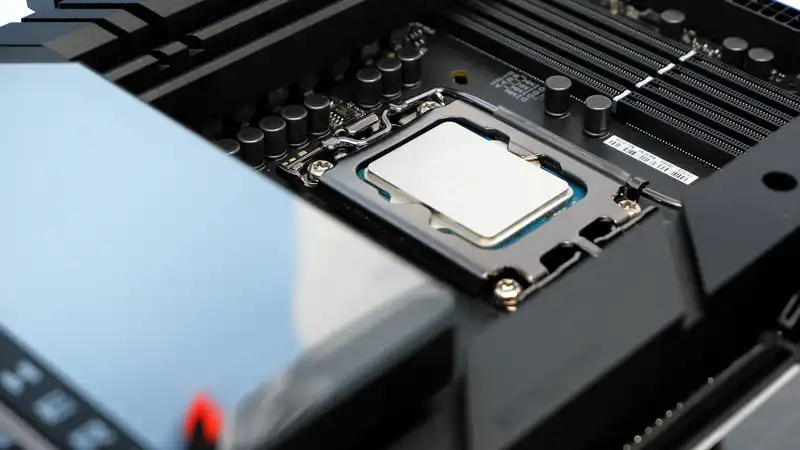A law firm is investigating the possibility of a class action lawsuit against Intel over ongoing 13th and 14th generation CPU instability issues.
Abington Cole + Ellery has published a web page pointing to a possible class action lawsuit against the computer chip giant, the link to which is currently at the top of the r/Intel subreddit. That link is currently posted at the top of the r/Intel subreddit. (1) Have you purchased an Intel Core 13th or 14th generation processor, or a computer with one of these processors, or (2) have you experienced any problems with an Intel Core 13th or 14th generation processor?
One can only assume that a more detailed interrogation will take place later to determine the extent to which there is or is not a lawsuit against Intel.
Intel admits that there are problems with its chips. Intel stated the following about the "instability issue" last week: [We have determined that increased operating voltages are causing instability problems in some 13/14th generation desktop processors. After analyzing the returned processors, it was confirmed that the increased operating voltage was caused by a microcode algorithm, causing incorrect voltage demands on the processor"
.
Intel has promised to provide a patch for the problem later this month, but says the patch will not prevent problems caused by damage already done to the chip.
In other words, there is definitely an instability problem, and there is plenty of anecdotal evidence of many potential complaints from customers. Also, even if the damage to the chip was done without the user's knowledge, it would be irreversible. All of this could form the basis for a class action lawsuit if a law firm were interested in taking it on.
However, Intel has already offered to replace all damaged CPUs. If Intel is shown to be holding to this offer and facilitating an RMA for a rather vague crash problem, the class action lawsuit may fail.
According to places like Reddit, Intel's RMA service is a mixed bag: according to places like Reddit, Intel's RMA service is a mixed bag, with some threads saying it is great and others saying it is garbage. Well, such is the world. The point here is that Intel takes complaints of wobbly 13th/14th generation CPUs seriously and is taking appropriate steps to replace them. We will see varying claims as to whether it is doing so.
One user responding to the class action thread stated that they were able to verify that they were honoring their warranty and noted that Intel offered to send a new CPU before they received the old one. This would incur a $25 refund fee. They also reported that they sent the old CPU but have not yet received the new CPU.
Whether Intel offers this same warranty to customers of tray processors (which are ordered in large quantities by corporations, but are sometimes sold individually at a small discount to individuals for boxed models) has often been discussed in this thread. Intel addresses this in its latest guidance, which suggests that Intel is offering tray processors:
"Intel is experiencing instability symptoms with its 13th and/or 14th generation desktop processors, or are currently experiencing, are committed to ensuring that all customers are supported in the replacement process.
To streamline the support process, Intel's guidance is as follows: [Users who have purchased a 13th/14th generation desktop system from an OEM/System Integrator - Contact the system vendor's customer support team. Please contact the system vendor's customer support team.
For users who purchased 13th/14th generation desktop processors in a box/tray - contact Intel Customer Support.
Another question is what customers should do after they receive their new chips, as they will likely be affected by issues prior to the microcode update. In general, we recommend keeping the voltage low and lowering the clock speed by a few hundred megahertz to keep the chip stable and operating properly until a microcode update is released.
Indeed, it doesn't feel good to do this on a $500 Core i9.
Also, if you are wondering if a class action lawsuit is in your best interest, Nvidia once filed a class action lawsuit over VRAM allocation on the GTX 970.
By the end of that lawsuit, customers received a $30 settlement for each GTX 970 they purchased. Once the settlement was agreed upon, there was no need to register for the class action in order to file a claim.
But, well, $30 is $30. You may have noticed that these cases only apply to U.S. residents.
.

Comments